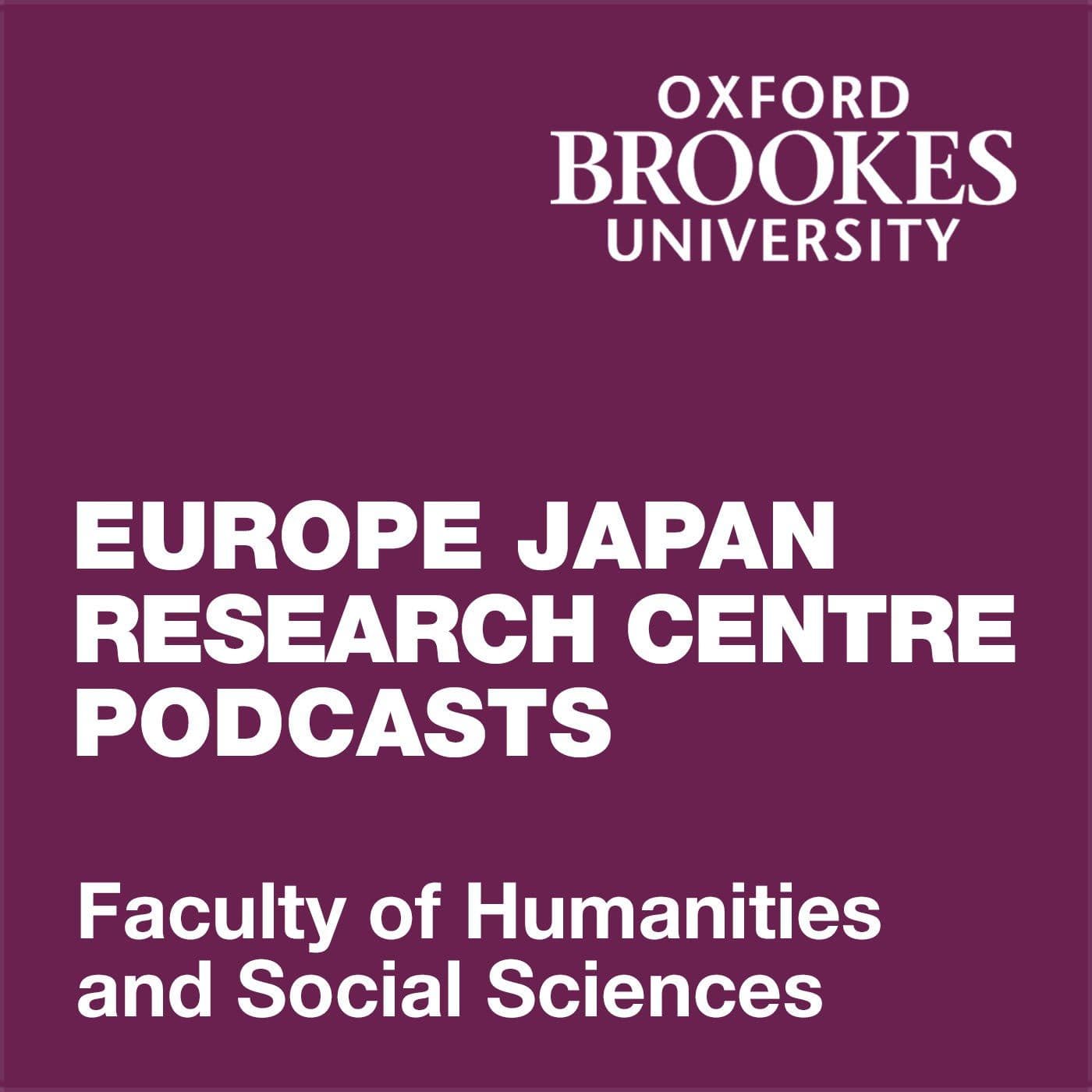Education
Hikikimori is a category coined in the late 1990s to refer to 'youth social withdrawal,' and has been considered a social problem in Japan since the 2000s afflicting (mostly male) youth. Drawing on Mathews and Izquierdo (2009)’s four-dimensional model of well-being, this paper will examine what well-being means for youth in Japan by posting hikikomori as an issue that symbolizes youth ill-being. In so doing, I draw on examinations of media discourses and data from long-term ethnographic fieldwork. I will begin by providing an overview of the hikikomori issue as it is represented in media discourses. Based on this overview, I discuss ways in which youth isolation is problematized in physical, interpersonal, existential, and national/global dimensions of well-being. This seminar took place at Oxford Brookes University on 1 November 2017.

